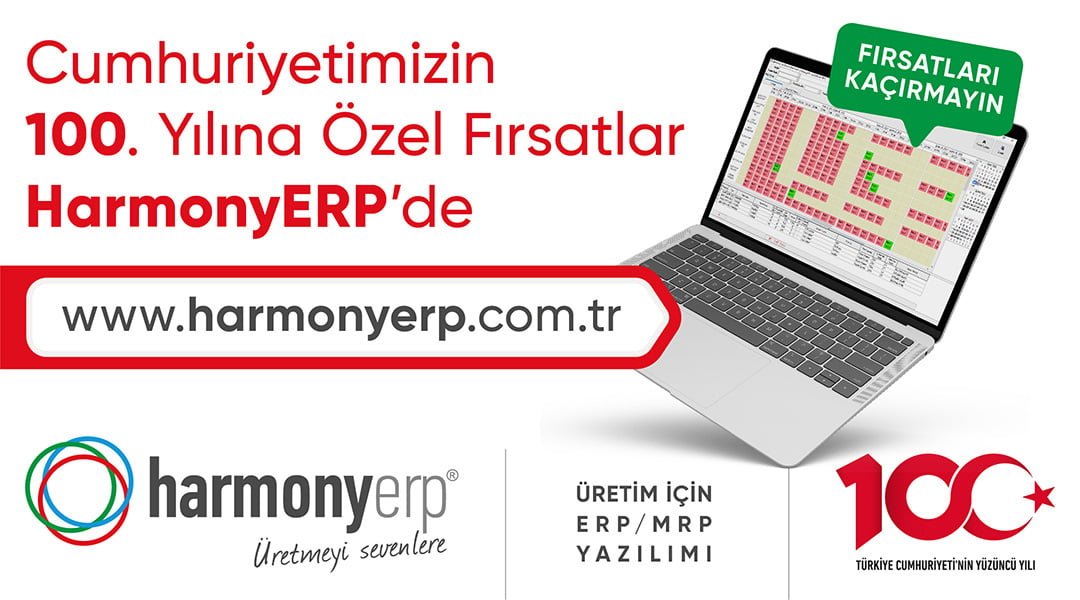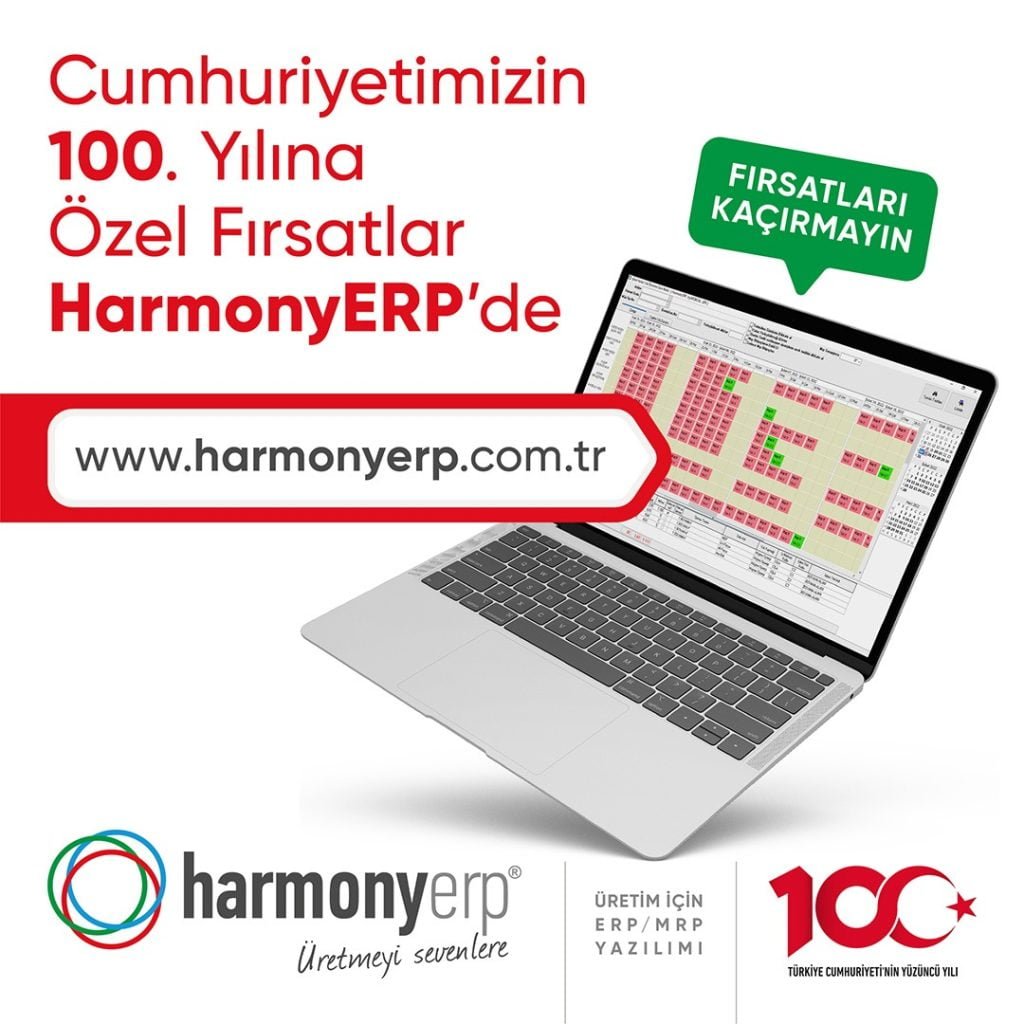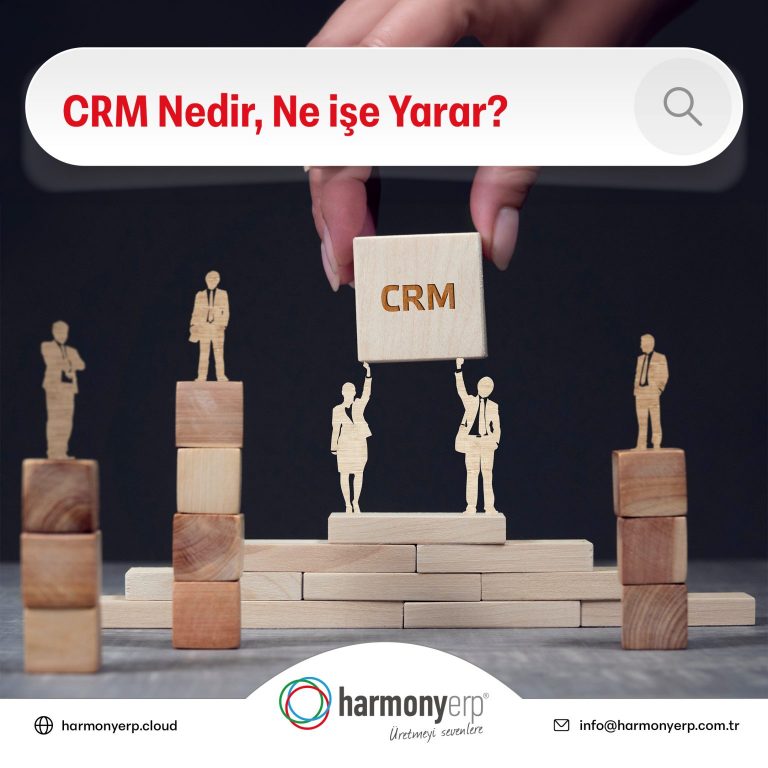What is a CRM Program?

CRM, or Customer Relationship Management, is the strategies and technologies that businesses use to manage and improve their relationships with their customers. CRM programs are designed to collect, analyze and use customer data to increase customer satisfaction and loyalty. CRM software enables businesses to adopt a customer-oriented approach by integrating sales, marketing, customer service and support processes.
History of CRM Programs
The concept of CRM emerged in the 1980s with the growing need for businesses to manage customer information more effectively. The first CRM applications were developed to record customer information and use this information to manage customer relationships. In the 1990s, CRM software became more sophisticated, designed to analyze customer data and use it to make strategic decisions. With the development of the Internet and mobile technologies, CRM programs have evolved as part of the digital transformation. Today, cloud-based CRM solutions offer a more flexible and scalable structure, allowing businesses to access customer data from anywhere.
Basic Components of CRM Programs
CRM programs usually consist of several key components. These components include the functions required to collect, manage and analyze customer data. The basic components of CRM software are:
1. Customer Database
The most important component of CRM programs is the customer database. This database contains all information about customers. It offers a wide range of data, from basic information such as name, address, phone number, email address to more detailed information such as purchase history, contact history and customer preferences. A customer database enables businesses to have a comprehensive understanding of their customers.
2. Sales Management
The sales management component is used to monitor and manage sales processes. It provides the necessary tools to track the performance of sales teams, manage sales opportunities and set sales targets. Sales management is used to track leads, automate sales processes and perform sales analysis.
3. Marketing Automation
Marketing automation includes tools used to plan, implement and analyze marketing campaigns. This component includes functions such as email marketing, social media marketing, campaign management and marketing analytics. Marketing automation aims to increase the effectiveness of marketing activities by segmenting customers and delivering appropriate messages to the target audience.
4. Customer Service and Support
The customer service and support component is used to manage customer complaints, respond to customer inquiries and improve customer satisfaction. This component provides the necessary tools to monitor the performance of customer service agents, manage customer requests and provide solutions. Customer service and support are critical to increasing customer satisfaction and loyalty.
5. Analytics and Reporting
The analytics and reporting component is used to analyze CRM data and extract meaningful insights from it. This component provides detailed reports on sales performance, marketing effectiveness, customer satisfaction and other key metrics. Analytics and reporting help businesses make strategic decisions and provide the necessary information to improve business processes.
Advantages of CRM Programs
CRM programs provide many advantages to businesses. These benefits are critical for managing customer relationships and improving business performance. The main advantages of CRM programs are:
1. Customer Satisfaction and Loyalty
CRM programs analyze customer data to better understand customer needs and expectations. In this way, customized services and products can be offered to increase customer satisfaction. Customer satisfaction increases customer loyalty and ensures the long-term success of the business.
2. Sales Increase
CRM programs optimize sales processes and manage sales opportunities more effectively. Using customer data, sales teams can develop better sales strategies and reach sales targets faster. This increases the revenues of the business.
3. Marketing Effectiveness
Through marketing automation and customer segmentation, CRM programs increase the effectiveness of marketing campaigns. By delivering appropriate messages to the target audience, conversion rates of marketing activities are increased. This reduces marketing costs and increases return on investment.
4. Improving Efficiency and Business Processes
CRM programs increase operational efficiency by automating business processes. Automation of repetitive tasks allows employees to focus on more strategic tasks. This improves the overall performance of the business and provides a competitive advantage.
5. Data Analytics and Strategic Decision Making
CRM programs analyze customer data and provide businesses with the necessary information to make strategic decisions. Monitoring and analyzing sales, marketing and customer service performance enables businesses to better plan their strategies. This supports business growth and development.
Usage Areas of CRM Programs
CRM programs are used in many different sectors and business types. These programs find a wide range of applications to manage customer relationships and improve business performance. The main areas of use of CRM programs are as follows:
1. Retail and E-Commerce
In the retail and e-commerce sector, CRM programs are used to analyze customer data to improve the customer experience and increase sales. CRM solutions are used to track customer shopping habits, provide personalized recommendations and manage loyalty programs.
2. Finance and Banking
In the finance and banking sector, CRM programs are used to manage customer accounts, provide customer service and optimize marketing campaigns. By analyzing customer data, banks develop strategies to increase customer satisfaction and ensure customer loyalty.
3. Health and Medicine
In the healthcare and pharmaceutical industry, CRM programs are used to manage patient information, improve patient satisfaction and optimize marketing activities. By analyzing patient data, healthcare providers can deliver better healthcare services and improve the patient experience.
4. Education and Training
In the education and training sector, CRM programs are used to manage student information, increase student satisfaction and optimize marketing activities. By analyzing student data, schools and universities can provide better educational services and improve the student experience.
5. Telecommunications
In the telecommunications industry, CRM programs are used to manage customer accounts, provide customer service and optimize marketing campaigns. By analyzing customer data, telecommunication companies develop strategies to increase customer satisfaction and ensure customer loyalty.
The Future of CRM Programs
The future of CRM programs will be shaped by digital transformation and the integration of new technologies. Technologies such as cloud computing, artificial intelligence and machine learning will enable CRM programs to evolve further. Cloud-based CRM solutions offer a more flexible and scalable structure, allowing businesses to access customer data from anywhere. Artificial intelligence and machine learning analyze customer data, enabling better customer predictions and personalized services. The future expansion and development of CRM programs will enable businesses to manage customer relationships more effectively and improve business processes.
CRM programs are powerful tools that businesses use to manage and improve customer relationships. Designed to collect, analyze and use customer data to increase customer satisfaction and loyalty, CRM software enables businesses to adopt a customer-oriented approach by integrating sales, marketing, customer service and support processes. The advantages provided by CRM programs allow businesses to increase customer satisfaction, increase sales, increase marketing effectiveness and improve business processes. In the future, with the integration of new technologies, CRM programs are expected to further develop and become more widespread. CRM programs will continue to be an important tool that supports businesses to gain competitive advantage and achieve sustainable growth.







